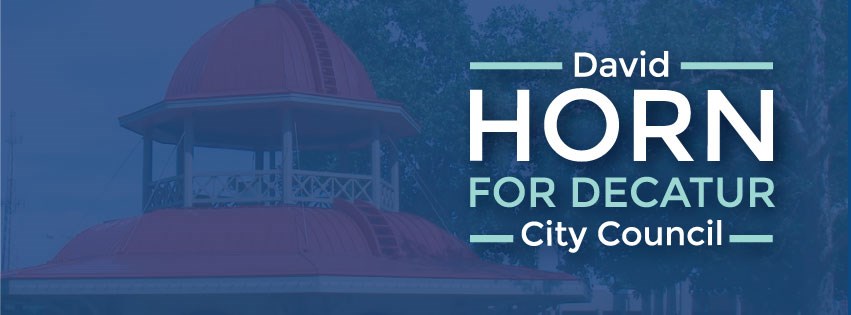
Decatur will unnecessarily lose millions in tax revenue to Forsyth cannabis dispensary
The Forsyth Village Board recently amended its ordinance to allow for a cannabis dispensary. When the new dispensary arrives, it is expected to bring over $560,000 in annual revenue to the village. With a population of over 68,000, Decatur residents will likely represent a large proportion of the dispensary’s customers meaning that discretionary funds and subsequent tax revenue of Decatur residents will be transferred from the poorer city to the more prosperous village. The loss of tax revenue has been taking place since the dispensary opened in Harristown, but Forsyth competes with Decatur in offering some of the area’s best restaurants and shopping opportunities. Thus, Decatur residents will not only be able to buy cannabis in Forsyth, but while there, they can conveniently shop and dine further transferring discretionary spending and subsequent tax revenue from the city with a median household income <$50,000 to the village with a median household income >$100,000.
It is unclear what the arguments are for requiring our citizens to drive to Harristown or Forsyth to purchase a legal product whether for recreational or medical use. The city is simply losing hundreds of thousands of dollars in tax revenue each year to nearby municipalities, prohibiting a retail destination that could be a catalyst for people to visit the city’s other fantastic small businesses, and inconveniencing its citizens. Furthermore, whatever the negative consequences to these legal sales may be, they will be in Decatur where the cannabis is used as opposed to the location where the cannabis is sold.
ADDITIONAL REVENUE SHOULD NOT COME FROM INCREASES IN PROPERTY TAXES AND UTILITY FEES
The Decatur City Council is continually failing to identify and approve long-term revenue sources that are available. City leadership accepted an agreement with ADM Co. for a carbon sequestration easement that did not provide for a fee for every ton of CO2 sequestered likely costing residents $100,000s annually. The city council will not formally discuss the possibility of a cannabis dispensary or other cannabis-related businesses, let alone vote for them, meaning $100,000s of lost revenue annually. At a smaller scale, the council continues its ban of food trucks around Central Park unless tied to a formal event and is engaged in a discriminatory practice by not allowing tattoo parlors in the Central Business District while other personal service businesses are allowed. No one is making the argument that food trucks or tattoo parlors will generate significant amounts of revenue for the city, but in a city where $2.1 million in sewer and water funds are being used to fund public safety pensions, and the workforce has declined 20% since 2010, every dollar counts, and providing every opportunity for people to spend their discretionary income in Decatur matters.
In the coming weeks, the city council will consider closing the utility tax loophole for entities that currently do not pay a utility tax on their natural gas and annex more properties into the city as ways to generate revenue. It can be argued that both actions provide greater tax equity and fairness among taxpayers. However, for a city within a county with the 10th highest effective property tax rate in the United States, the city council should focus on revenue streams that do not increase the tax burden on residents. By prohibiting everything from a cannabis dispensary to downtown food trucks, Decatur is giving away revenue to municipalities that are already better off while not solving any of the city’s long-standing problems.
